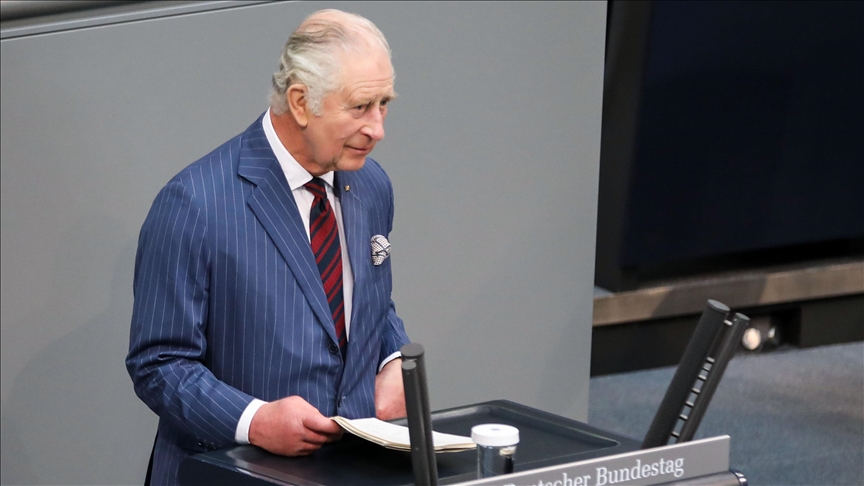During his three-day visit to Germany, King Charles III won many hearts. It was his first foreign trip since ascending to the throne following the death of his mother, Elizabeth II, last year.
Charles’ tour featured several firsts, demonstrating the importance both countries placed on it at a time when London and Berlin are attempting to mend relations strained by Britain’s exit from the European Union.
German President Frank-Walter Steinmeier took the unprecedented step of welcoming Charles and Camilla, the queen consort, with military honors at the Brandenburg Gate on Wednesday. A day later, Charles became the first monarch to address the Bundestag, Germany’s parliament, emphasizing the two countries’ long-standing ties and the importance of future cooperation.
According to observers in both Germany and the United Kingdom, the trip sent a strong signal about the long-term strength of British-German relations.
Jens Zimmermann of Germany’s center-left Social Democrats said Charles sent a “clear message” to parliament by speaking partially in German.
“The Bundestag speech was very well received,” Zimmermann told The Associated Press. “It was a lot more political than you might expect. It was very connecting, which I thought was excellent.”
In his speech, Charles emphasized that London and Berlin have provided significant assistance to Ukraine in its efforts to repel Russia’s invasion – praise that will have pleased a German government more accustomed to being accused of not doing enough to assist Kyiv.
“And it just adds something to relationships, especially between heads of state, who are very insulated,” she explained. “I believe it was well received.”
Charles had planned to visit France first, but anti-government protests in France forced both governments to postpone that leg of his journey. The new itinerary focused on Germany, where Charles has family roots and the royals have long been a source of fascination.
The German public’s fascination was on display during Charles’ appearances. Well-wishers waited patiently to greet Charles and Camilla at their stops in Berlin and Hamburg, a city that sees itself as having a particularly close connection to Britain due to its long seafaring and trading ties.

Charles and Camilla also laid a wreath at the ruins of St. Nikolai church to remember the more than 30,000 people killed in Operation Gomorrah, the Allied bombing of Hamburg in July 1943. On Friday, the king concluded his visit with a boat ride and a farewell reception featuring musical performances by a Beatles cover band and a sea shanty group.
Despite Britain’s exit from the EU, Michael Kruse, a lawmaker with the pro-business Free Democrats and a member of the German-British parliamentary group, said the two countries still have many common economic interests.
“Brexit has widened the channel,” he said. “That is why the visit of Britain’s head of state was so significant.”
Kruse expressed a hope shared by many Germans: that London will rejoin the 27-nation bloc.
“I hope that the British will realize Brexit was a mistake and return to the EU,” he said. “This should always be a possibility. Until then, we say goodbye, King Charles III.”


